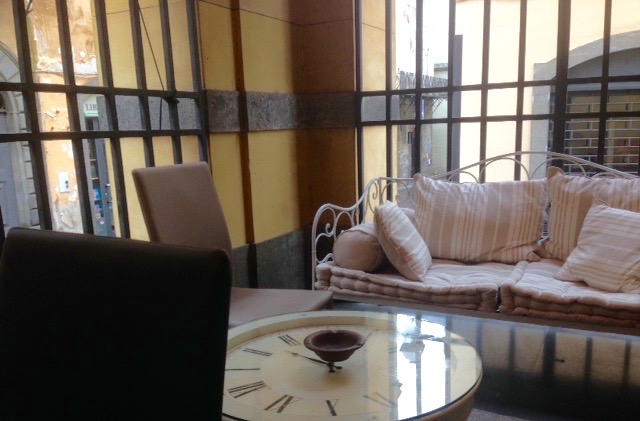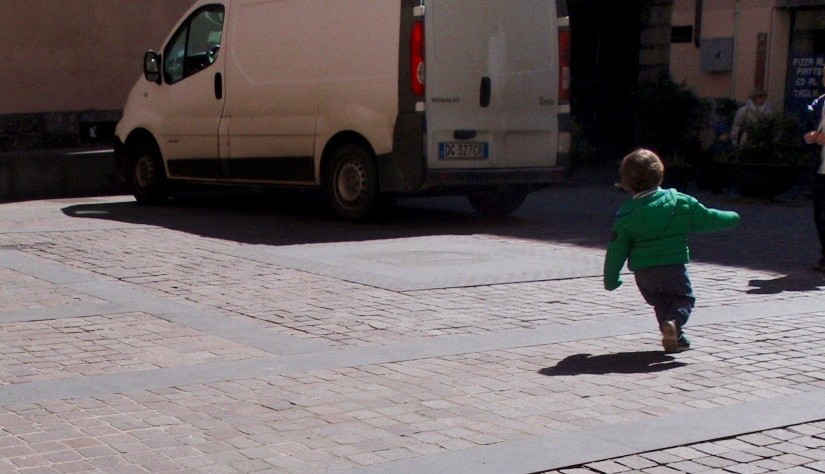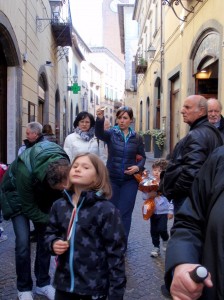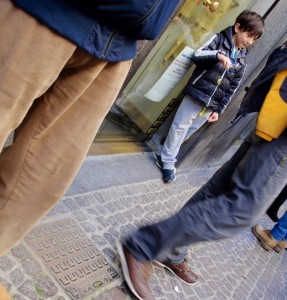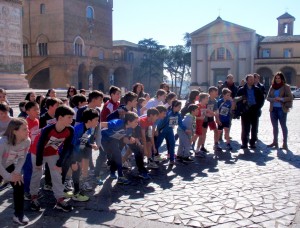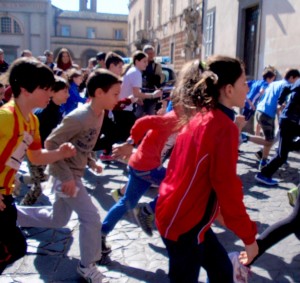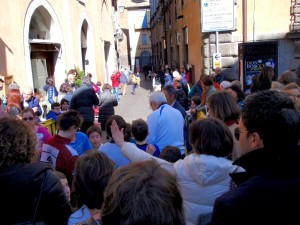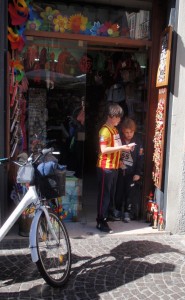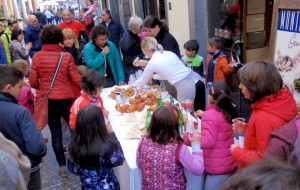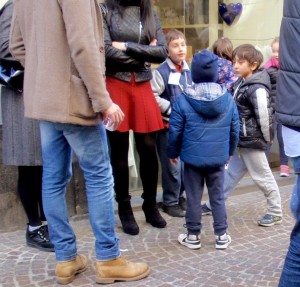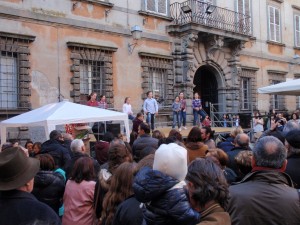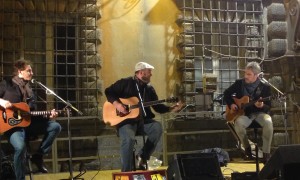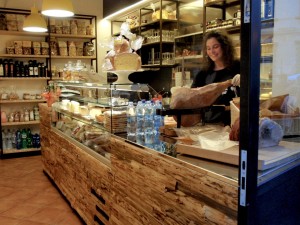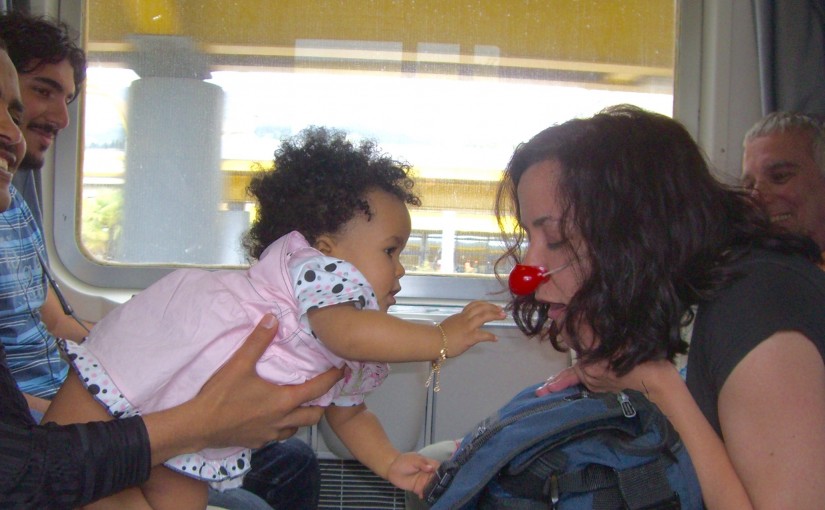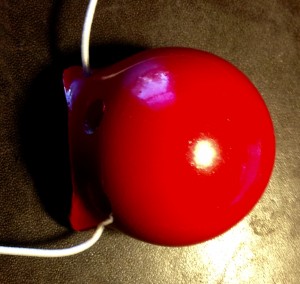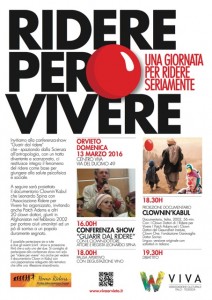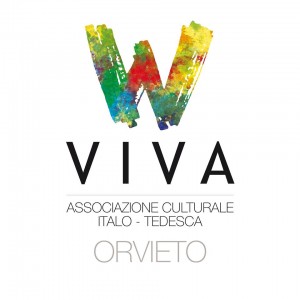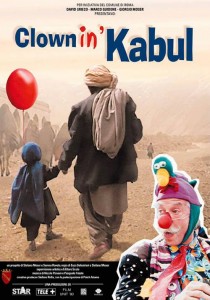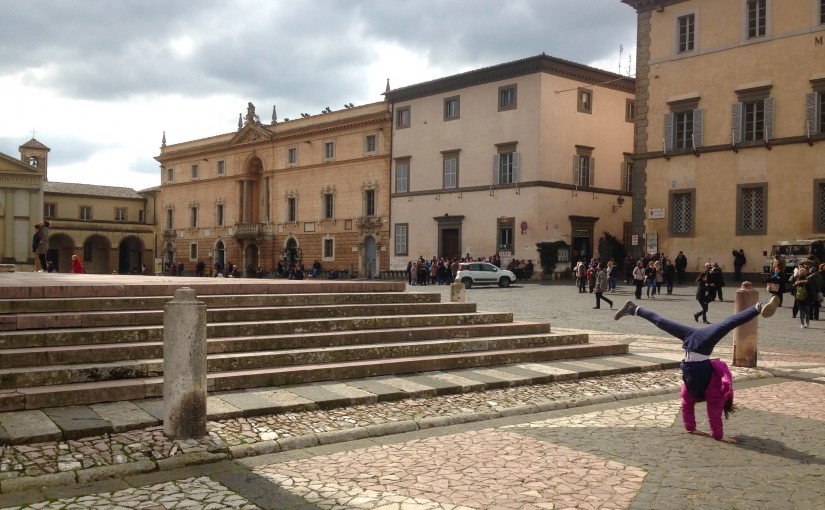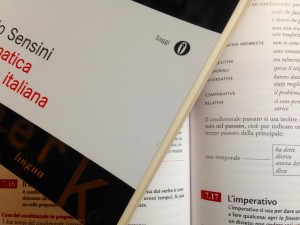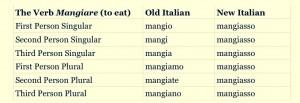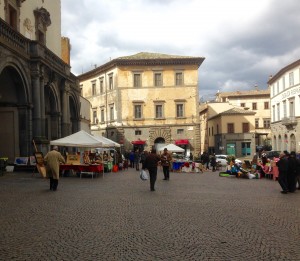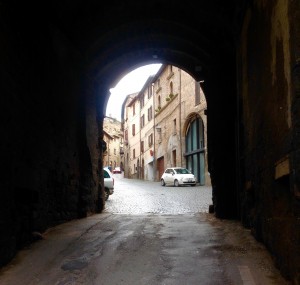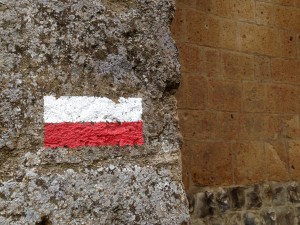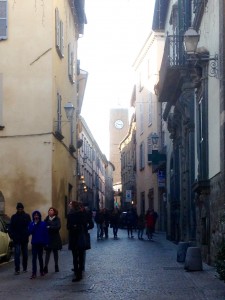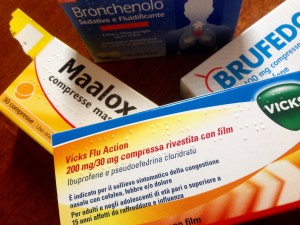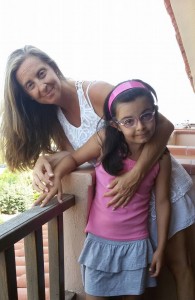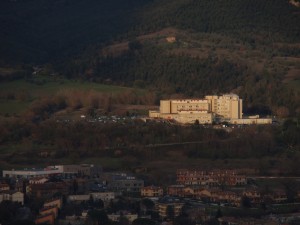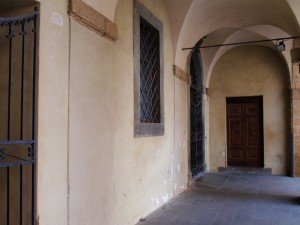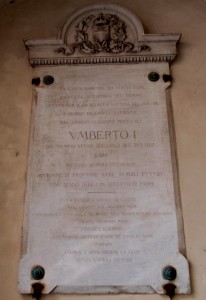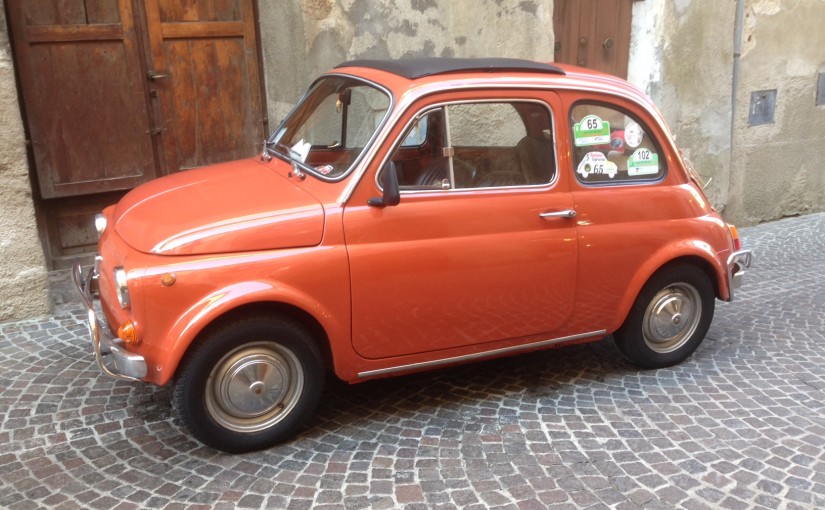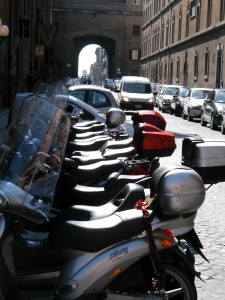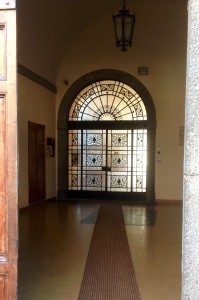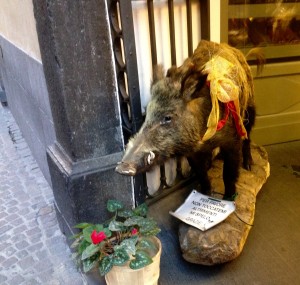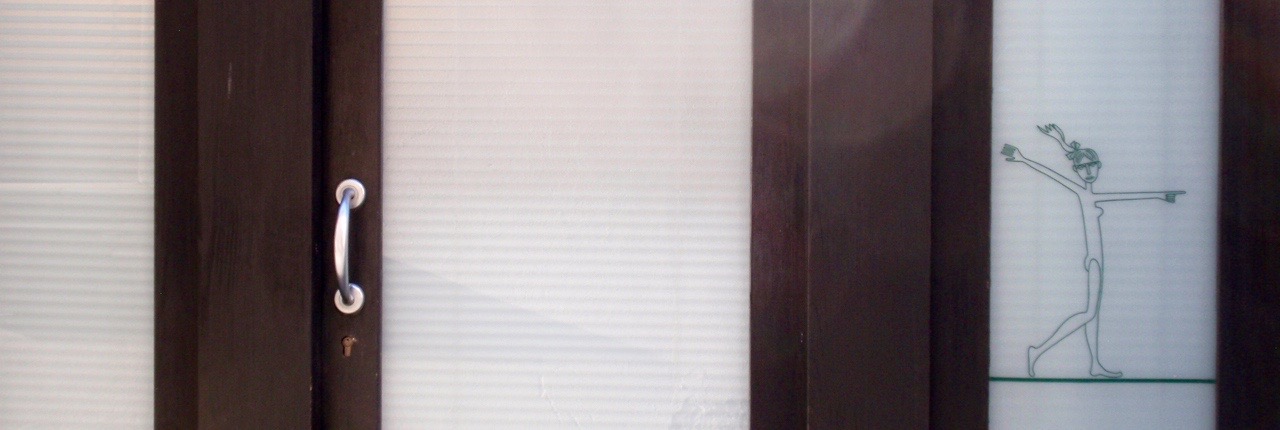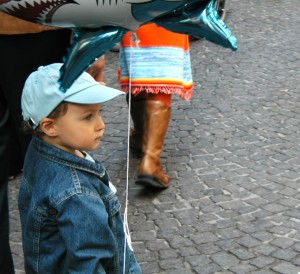Almost every time I cross onto Corso Cavour or into Piazza della Repubblica, I feel like Scrooge on Christmas morning, or George Bailey rediscovering Bedford Falls.
Yesterday the town was crowded. Summer-crowded, or Jazz Festival-crowded. A sidebar consequence of all the visitors may be that waiters and sales people become more easily impatient with stumbling verbs. Or perhaps it’s not impatience, just the reasonable assumption that verbs will soon be joined by nouns and prepositions, so why not finish the sentence I’m struggling with themselves, and do it in English? Of course, when that happens I grow nervous, pronouns and articles join their kin in the abyss, and my behavior becomes incomprehensibly foolish.
Speaking only for myself, however, and regardless of crowds and the attitudes of waiters, language is always a problem whenever I’ve spent considerable time writing (in English) or walking (alone.) The mouth and brain stop functioning for speech, and are stunned when it’s required of them. When it’s Italian speech that’s required, brain and mouth pretend to belong to someone else. It’s their least embarrassing alternative when hurled violently towards panic. I do wish brain and mouth would consult me now and then.
I went out several times yesterday, all of them in Scrooge/Bailey mode. I love the crowds that fill the streets. Dogs wagging and sniffing and straining on their leashes; cats, undaunted but cautious, streaking low among giants. Infants, sitting in their strollers like the royalty they are, gaze astonished at the miracle of The World. Toddlers fall and spring up again, not missing a beat. Little kids roam in packs, create alliances, accept adoration as their due. Early teens look cool to cover their terror, dizzy with the discovery that the world they thought they knew is less friendly than it was a moment ago. Older teens seem to have recognized the terror for what it is – fear of the new – and find the new intoxicating.
Young couples are so in love with being in love, and with one another, that not to smile would suffocate. Young parents are so in love with their children that eyes and hands dance – or they are so worried, or they are so tired, or all three in elegant combination. Young families stroll like dust devils. Those newly released from active parenting float, waiting for demands that never come. Friends of decades scour their little-changing town for fresh detail, tease anyone within range, hold hands, lock arms, brush shoulders, kiss cheeks, laugh and scowl and nod and give forth. A few smile silently with a secret so carefully kept, and so generously shared, that the pulse quickens to see them.
After a half hour or so, I leave the streets and stop for dinner at Caffe del Teatro. They serve simple meals here – the warm parts purportedly from a package – surprisingly tasty, ambiance elegant, prices cheap. There is usually a menu in a lucite holder sitting on the counter, but I can’t find it. Neither of the young women serving is familiar. The older and lanker one is smart and ironic, the younger and more-relaxed, overflowing with sweetness.
I step up to the counter before I know what country I’m in, open my mouth and ask, ‘”Bufiht, gohgutnhdi faorataeede?” The older leans in. “What are you trying to say?” I repeat myself, only less intelligibly. She rolls her eyes, “We don’t do that here.” After coaxing her back, and with several more attempts in no language that exists, I manage to order. The younger serves me at table as if I were her favorite uncle.
The counter fills up. Four men, young by my standards but probably in their late thirties, discuss something – maybe soccer, maybe politics, maybe fashion, probably food. A few minutes pass and a gentleman who looks every bit an ancient Walt Whitman lopes in. He’s Orvieto’s homeless contingent – though he reputedly has a place to live, he just never goes there if he doesn’t have to. Then a young couple, so beautiful it’s embarrassing, joins the group at the bar. They order prosecco, and proceed to instruct the rest of us on how to pull off public displays of affection with the greatest imaginable ease. Shortly after that, a man in his forties, maybe older, with a face so appealingly handsome I immediately distrust him, confidently enters. He is delivered a drink the color of red papaya served in oversized stemware.
I linger over the last of my water, waiting, wishing the crowd would thin so I can make a dash to the register without anyone talking to me. The earlier tongue twisting was enough for one evening. I want to be back on the street, admiring, reveling, and observing – all from a tolerable distance. This bar scene, right now, is too intimate for my comfort.
Eventually, I finish my water, gaze at the lovely paintings on the ceiling for as long as I can pretend to have reason, suck in some air, and approach the counter. The lanky signorina asks if I’m an American. I assure her that I am, especially at this moment. “That’s why I said all that about the food,” she notes. I have no idea what she’s referring to. She follows this crypticism with a flurry of colloquial Italian that makes me smile, but clarifies nothing. The guy with the bright red-orange beverage says from behind me, and in magnificent English, “We Italians enjoy discussing food. We’ll talk about it for hours; the nuances, shades of flavor, color, origin, history, you name it.” Everyone nods, though I doubt their English is much better than my Italian. The lanky signorina begins a monologue with “If I (or “you” – I miss which person the verb is couched in) win the lottery…” She then continues for an acre while counting out my change. I make a flaccid stab at a witty reply, with “Well, when that lottery is won, you’ll share some with me, right?” She answers that if I win the lottery, sharing it will be my business. I guess it’s me who’s supposed to win.
Everyone in the Caffe is friendly, attentive, and ready to welcome me into their world. I’m as disoriented and distressed as George Bailey in Pottersville or Scrooge at his tombstone. I squeeze out a grin, conclude the transaction, and flee, relieved to be out but also feeling like I’m abandoning a room full of old friends.
Back in the street, the crowds are in passeggiata mode, thick and slow. But not as thick and slow as I feel. I reel, I stagger, I’ve either just had a mild stroke or the salad was dressed with grappa. Nothing brings me out of it, not even bambini or puppies. I wander, hoping the sensation will subside. It diminishes but does not go away. I weave up the two flights to my apartment, and throw myself onto the sofa.
At the end of this coming week I’ll be signing a lease for a house in Orvieto. A small place with a garden – an amazing find at an affordable rent. On the sofa last night, the thought crossed my mind that taking a house here was probably delusional and was surely a mistake. The thought crossed my mind, turned to look back at me with some nostalgia, and fell off a cliff. I had a warm drink and went to bed.
